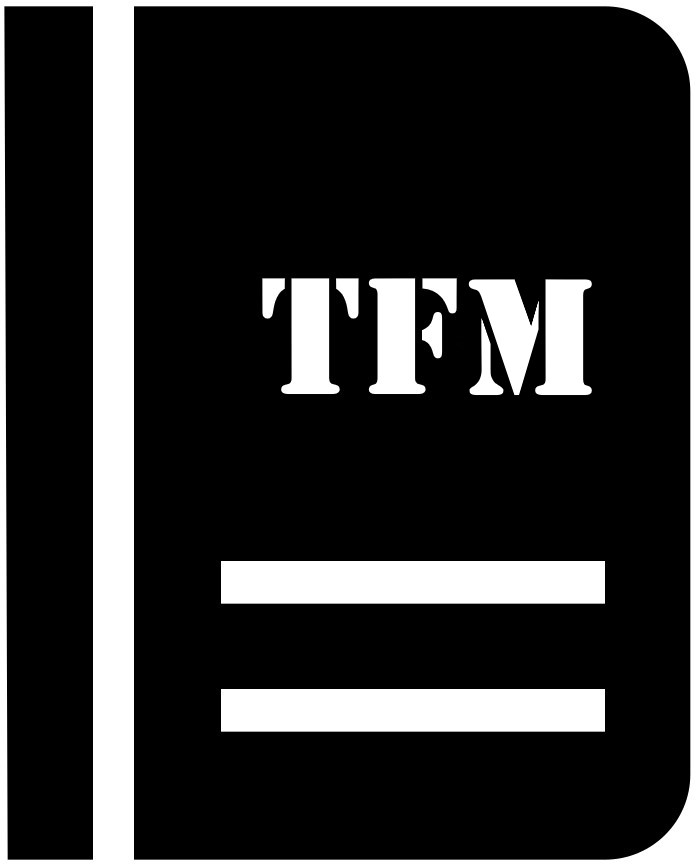|
Author
Soria Peña, Fernando Daniel
|
Abstract
Recently, the consumption of substances with psychotropic effects has progressively increased due to their normalization and promoted by its easy access, principally caused by social media and globalization. The consumption tendency of such drugs is based, principally, on cocaine, ketamine, methamphetamine, and MDMA.
In this project, the effects of such drugs over the Daphnia magna (D. magna) have been evaluated. This animal is an experimental aquatic model widely used in toxicology studies and it may also be a good neurological model as it shares a large number of neurological targets with humans.
Changes in behaviour have been determined using two tests. On the one hand, the non-associative short term memory n test in which animals are exposed to repetitive light stimuli and the arousal and habituation response is evaluated. The second test is the photomotor response test t, in which Daphnids are subjected to several min of darkness, light and darkness and their response to light and recovery is evaluated.
In addition, D. magna heart rate was evaluated, expressed in beats per minute, in order to determine if the cardiovascular system is altered after treatment as a result the long-term exposures to the studied drugs at low environmental concentrations 10-100 ng L-1 or acute exposures at 1-10 ng μL-1 increased heart rates of D. magna individuals whereas at high exposure levels of cocaine and ketamine heart beats were inhibited.
Finally, the profile of metabolites in D. magna treated with drugs of abuse has been identified and quantified using ultra-high-performance liquid chromatography coupled to tandem mass spectrometry (UHPLC-MS/MS). Metabolomic profile of non-treated organisms have been compared to the treated animals to evaluate changes provoked by drugs of abuse, specifically, deregulated levels of glutamine, dopamine and acetylcholine by MDMA, cocaine and ketamine were similar to those reported in mammals.
|

|



